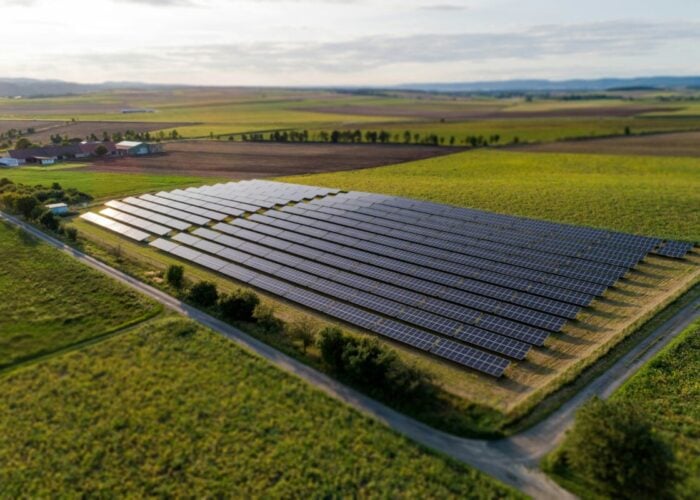Around 150 industry experts gathered at the Third PV Power Plants Conference in Vienna to discuss the issue of advances in solar module technology as preventing large-scale savings for the European market, at the Third PV Power Plants Conference in Vienna. The conference, which took place March 28 – 30, was attended by executives from many of Europe’s top solar farm projects, many of whom lamented the lack of standardization in Europe. The issue was raised on day one of the event by Projektierers Belectric CEO Bernhard Beck.
Beck commented, “We buy a particular fuel and trust that [it] will [last for] 25 years, to give us a certain ‘burn rate’. We still see with the eyes of the conventional energy industry. But at the moment to stay with the image of the fuel, we have not only diesel and gasoline. We have maybe 10,000 different types of modules. That's the problem.” Beck concluded that the standardization of solar panel installation would be obsolete as long as there is no standardization at a modular level.
Try Premium for just $1
- Full premium access for the first month at only $1
- Converts to an annual rate after 30 days unless cancelled
- Cancel anytime during the trial period
Premium Benefits
- Expert industry analysis and interviews
- Digital access to PV Tech Power journal
- Exclusive event discounts
Or get the full Premium subscription right away
Or continue reading this article for free
Beck’s persuasive argument sparked lively discussion at the two-day conference but not all speakers agreed completely with his comments. Ana Rosa Lagunas, from the National Renewable Energy Centre (CENER) in Spain, outlined the importance of different module technologies to suit variable climatic conditions. “Certainly we need to standardize, but we do [need] research that is not standardized. The solar resources in Northern Europe, Central Europe, Africa, etc. [act] differently. We need a certain degree of standardization, but we still need different technologies for different regions.”
One aspect that the two did agree on was the importance of developing techniques and technologies that help the flow of solar electricity onto the grid. Beck concluded that one of the greatest worries for power companies in recent years has been that the electricity supplied by large solar projects is unreliable.
Further information on the conference can be obtained from: http://www.solarpraxis.de/en/conferences/pv-power-plants-eu-2012/general-information>






